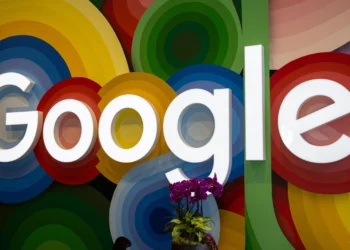Nigeria’s Federal Competition and Consumer Protection Commission (FCCPC) has imposed a $220 million fine on Meta platforms, the parent company of Facebook, Instagram and Whatsapp for violating the country’s data protection and consumer rights law. This decision follows a 38-month investigation conducted in collaboration with the Nigeria Data Protection Commission (NDPC).
The FCCPC’s investigation revealed that Meta collected and shared Nigerian users’ data without obtaining proper consent, denied users the ability to control how their personal data is used, engaged in discriminatory practices by treating Nigerian users differently compared to users in other regions with similar regulations, abused its dominant market position by enforcing exploitative privacy policies.
These actions were found to be in violation of the Federal Competition and Consumer Protection Act (FCCPA) 2018 and the Nigeria Data Protection Regulation (NDPR) 2019. Additionally, Meta failed to comply with the Nigeria Data Protection Act enacted in 2023 which strengthened the country’s data protection framework.
Meta’s Response and Legal Proceedings
Meta has expressed disagreement with the FCCPC’s findings and the imposed fine. The company stated its intention to appeal the decision, arguing that its data practices comply with global standards and that users have been adequately informed about how their data is used.
Despite Meta’s appeal, a NIgerian tribunal upheld the $220 million fine in April 2025, reinforcing the FCCPC’s stance on enforcing data protection and consumer right laws.
Implications For Meta’s Operation in Nigeria
Nigeria, with over 154 million internet users as of 2022, represents a significant market for Meta. The fine and the requirement to comply with local data protection laws could impact Meta’s operations in the country. Failure to adhere to the FCCPC’s directives may lead to further legal actions, including potential restrictions on Meta’s services within Nigeria.
Broader Context and Global Scrutiny
This development in Nigeria is part of a broader trend of increased scrutiny of Meta’s data practices worldwide. The company has faces similar challenges in other jurisdictions in South Africa and Europe for data protection breaches and competitive practices.
As countries strengthen their data protection laws, tech companies like Meta are under growing pressure to ensure compliance and protect user privacy. The outcome of Meta’s appeal in Nigeria could set a precedent for how data privacy laws are enforced in emerging markets.




